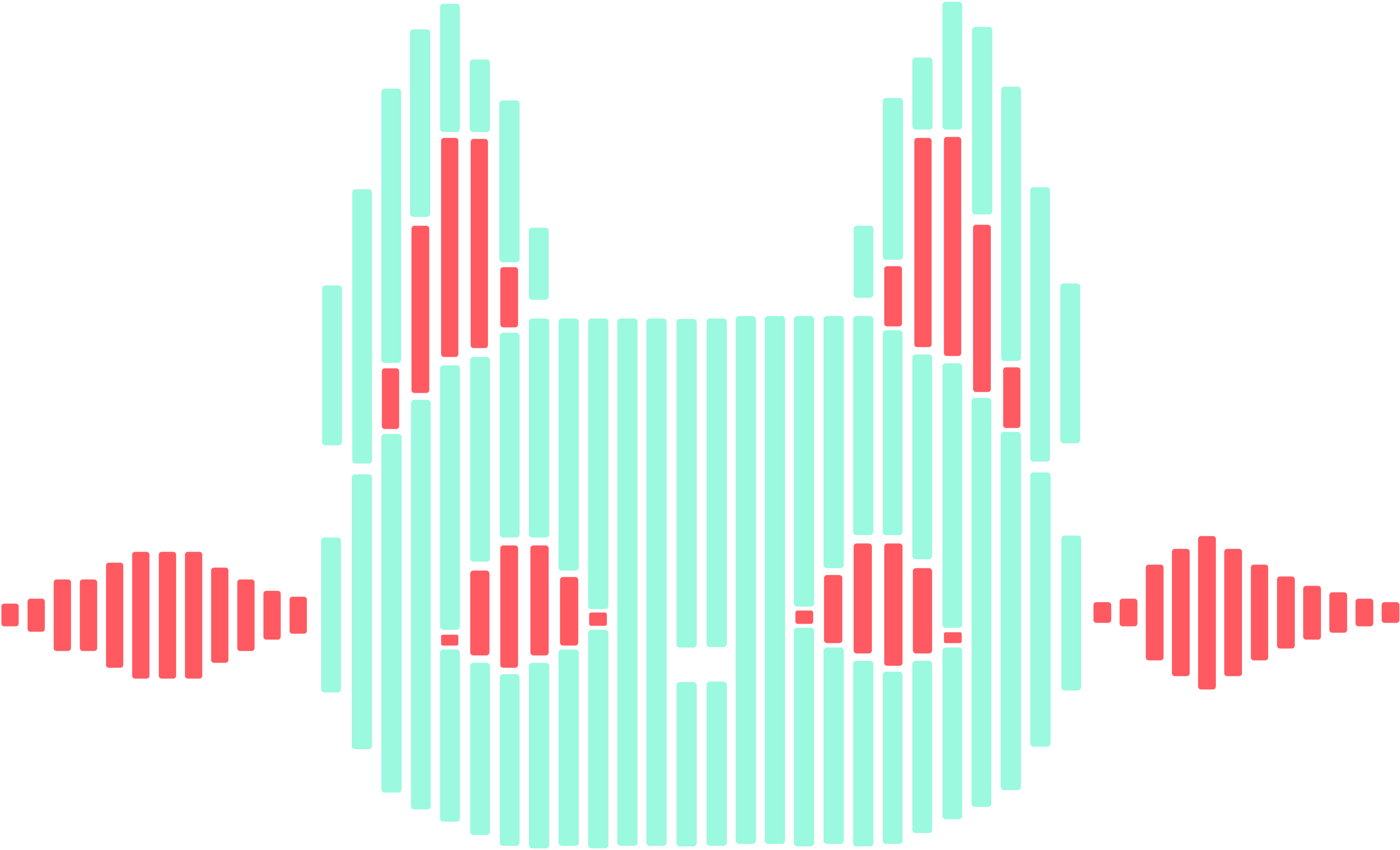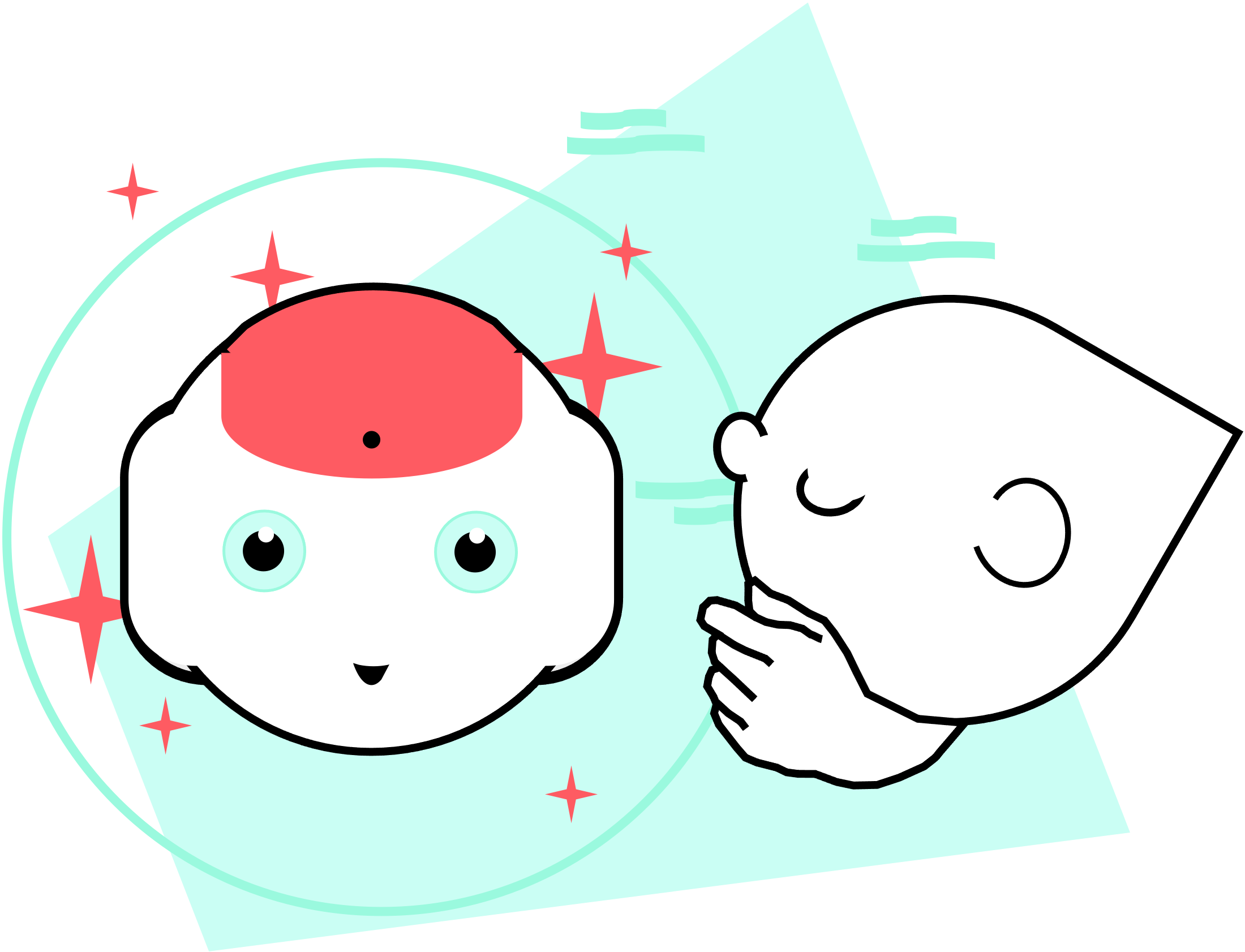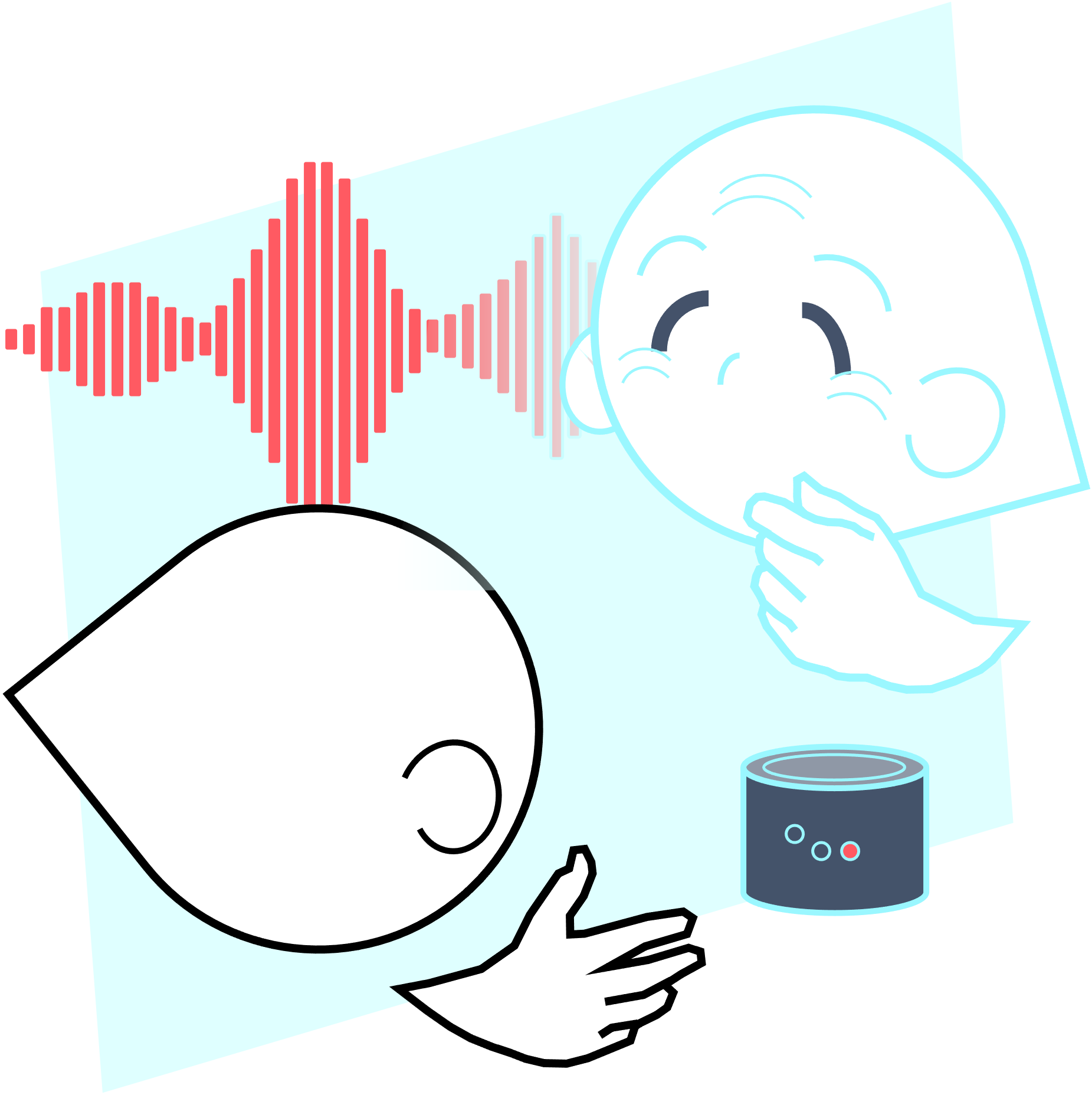Research・研究内容
研究内容
Research
Below are my research projects at Tokyo Tech. For my previous research, please see my personal website.
以下は東工大での研究プロジェクトです。これまでの研究については、私の個人サイトをご覧ください。
カワイイ音声UX
Kawaii Vocalics
Projects
Kawaii Computing
Kawaii computing explores the Japanese concept of cute in human-computer interaction contexts.We consider the socio-cultural features of kawaii in interactive experiences with computers.
カワイイ・コンピューティングは、ヒューマン・コンピュータ・インタラクションの文脈における日本の「カワイイ」の概念を探求している。我々は、コンピュータとのインタラクティブな体験における「カワイイ」の社会文化的特徴を考察する。
- Lab Members:
- Publications:
- Timeline: FY24~
Modelling Kawaii Vocalics
Little is known about kawaii as a sound phenomenon. What features of visual kawaii transfer? What unique properties does kawaii sound have? We ask.
音の現象としてのカワイイについてはほとんど知られていない。視覚的なカワイイにはどのような特徴があるのか?カワイイ音声にはどんなユニークな特性があるのか?我々は問う。
- Lab Members:
- Publications:
- Funding:[pending]
- Timeline: FY22~
Kawaii Game Voice UX
Kawaii game voice user experiences (voice UX) are characterized by visual and sound phenomena associated with characters and other diegetic agents.
カワイイゲーム音声UX(ボイスUX)は、キャラクターや他のダイスジェティックエージェントに関連する視覚的・音響的現象が特徴です。
- Lab Members:
- Publications:
- Funding:[pending]
- Timeline: FY23~
ネガバースにおける相互作用
Interactions in the Negaverse
Projects
ELEMI: Exoskeleton for the Mind
Exploring whether and how a metacognitive agent can help us grapple with misinformation on social media.
メタ認知エージェントがSNS上の誤報に対処するのに役立つかどうか、またどのように対処するかを探ります。
- Lab Members:
- Publications:
- Funding:DLab Challenge Grant 2020
- Timeline: FY20-F22
Trust in AI
What factors affect trust and reliance in AI-based agents, systems, and environments? Exploring layperson and expert perspectives.
AIを活用したエージェント、システム、環境に対する信頼や信用に影響を与える要因とは?一般人や専門家の視点を探ります。
- Lab Members:
- Publications:
- Funding:DLab Challenge Grant 2020
- Timeline: FY20~
AIと交差的デザイン
AI and Intersectional Design
Projects
音声UX
Voice UX
Projects
Voice Against Bias
Can voice influence attitudes towards age? We aim to find out with MAKOTO, our “older adult” voice assistant.
音声は年齢に対する意識に影響を与えることができるのか?お年寄りぽい音声アシスタント「MAKOTO」を使って、それを明らかにすることを目指します。
- Lab Members:
- Publications:
- Funding:JSPS KAKENHI Wakate
- Timeline: FY21-FY24
Evaluating Voice UX
We're exploring ways to measure and evaluate interactions with voice-based agents, interfaces, and environments.
音声エージェント、インターフェース、環境とのインタラクションを測定・評価する方法を模索しています。
- Lab Members:
- Publications:
- Funding:JSPS KAKENHI Wakate
- Timeline: FY21~
Morphologies in Voice and Body
What kinds of bodies should voice-based agents have, if any? We explore a range of modalities and morphologies.
音声ベースのエージェントは、どのような身体を持つべきなのでしょうか。私たちは、さまざまなモダリティとモルフォロジーを探求しています。
- Lab Members:
- Publications:
- Funding:JSPS KAKENHI Wakate
- Timeline: FY22~





















